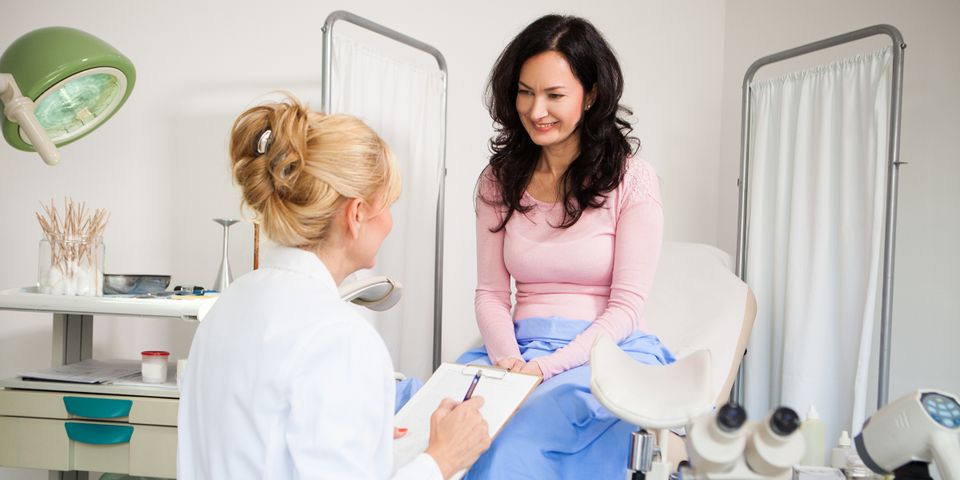
Heavy menstrual bleeding, also known as menorrhagia, is a common women’s health issue. It is characterized by abnormally heavy or prolonged bleeding during menstruation, which can cause discomfort, pain, and inconvenience. While heavy periods can be caused by a variety of factors, here are some of the most common causes.
What Are the Causes of Heavy Periods?
1. Hormonal imbalances
Hormonal imbalances are a leading cause of heavy periods. When the balance between estrogen and progesterone is disrupted, it can cause the endometrial lining to grow too thick, resulting in heavy bleeding.
2. Fibroids
Fibroids are non-cancerous growths that develop in the uterus. They can cause heavy periods, pain, and discomfort. Fibroids can be treated with medication or surgery if they are causing significant problems.
3. Polyps
Endometrial polyps are growths that develop in the lining of the uterus. They can cause heavy bleeding and cramping during menstruation. Polyps can be removed with a simple outpatient procedure.
4. Blood clotting disorders

Blood clotting disorders, such as von Willebrand disease or platelet function disorders, can cause heavy menstrual bleeding. Women with these conditions may require specialized treatment to manage their bleeding.
When Should You See a Gynecologist?
If you are experiencing heavy periods that are affecting your quality of life, it's important to talk to your gynecologist. A gynecologist is a medical doctor who specializes in the female reproductive system and can help diagnose and treat conditions related to menstruation.
See these women’s health professionals if you soak through a pad or tampon in less than two hours or need to use multiple pads or tampons at the same time to manage your bleeding. Schedule an exam also if you experience blood clots larger than the size of a quarter or if your periods last more than 7 days. Periods should never cause fatigue, shortness of breath, or dizziness or cause you to miss work, school, or other activities.
Your gynecologist may recommend a variety of treatments, depending on the cause of your heavy periods. These can include medications to regulate your menstrual cycle, such as birth control pills or hormonal IUDs, or procedures to remove uterine fibroids or polyps.
If you’re in the Anchorage, AK, area, Paula Korn ANP can help fulfill all your women’s health needs. Nurse practitioner Paula Korn has served patients for over 35 years and offers a diverse range of services. Whether you’re concerned about menopause, pregnancy, seeking birth control, or have general women’s health needs, call (907) 277-2597 to schedule a consultation. Visit their website to learn more about their services.
About the Business
(4 reviews)
Have a question? Ask the experts!
Send your question

